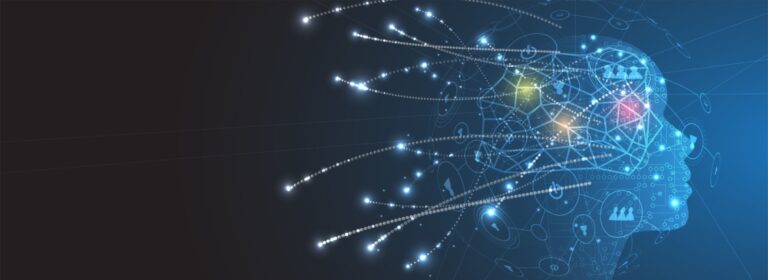IQ, Creativity and Learning

Humans are capable of exhibiting intelligence and creativity due to our capacity to learn.
Table of Contents
Evolution of Human Intelligence
Humans, as evolved as we are, are the species most capable of exhibiting intelligence and creativity due to our capacity to learn. It is nothing short of remarkable how we, intelligent beings, came to exist.
Humans evolved from similar primates millions of years ago, who were better equipped to survive in their environment (more info in the Evolution of Species tutorial).
This knowledge gained has been passed on (greatly accelerated by advances in the way we communicate)
As a consequence, the offspring of our species have harnessed previously accumulated (and written) knowledge to our advantage.
Our technological and intellectual powers have allowed us to exist in huge numbers, and take advantage of our environment in remarkable ways – continuing to attempt to make the best use of what we know or could possibly know.
In light of this snowball effect, and as a continuation of the last bulleted point; we have been able to sustain a rising human population over time. In turn, in accordance with natural selection, more intelligent people may be favored by our gene pool over the long term, thus making the species as a whole more intelligent as a collective.
Ability to Learn
Humans continually learn from one another and share their information over generations. This is what makes our species a cut above the rest. Our ability to understand the value of learning and to do so gives us the tool to understand more and more about ourselves and our environment.
Intelligence
Intelligence offers us the means to utilize abstract ideas and implement reasoning in our arguments to justify the things we do. The degree of intelligence in people is variable to a number of factors, like genetics, the local environment, and even diet.
It is important to note the following:
- Knowledge is the accumulation and retention of information
- Intelligence is the ability to analyze this information to the person’s advantage, i.e. answering correctly in the exam by making the best use of the information you know.
Creativity
It does not take an intelligent person to be creative. It is a popular belief that technically minded people tend to be less creative than others, who, in turn, are not very technically minded.
It is believed that creativity is made possible in the right brain hemisphere while technical information is processed in the left hemisphere. It is worth noting that many of the famous creative individuals, all the famous writers, artists, etc. were generally intelligent.
Creativity can rely on a number of factors, some of which are named below:
- Motivation – If the person has no desire to utilize their creativeness, they will not be creative.
- Personality – People’s unique inclinations and differences in decision-making make our chosen creativity unique and thus the decisions made in creating something will be different for each person.
- Parental Guidance – Parents provide the crucial link for learning between birth and maturity, therefore their learning, and partly their creativity and intelligence will rub off on those they learn, as will the people that you communicate with.
Moreover to the last factor, it is worth considering that any factor in the external environment will be a factor in your creativity. If someone offered you a million euros to write a good poem, you may instantaneously feel more creative!
Watch this vid about human intelligence. Video Credit: Strange Mysteries
Moving one step on from the conscious learning mind, we look at the unconscious mind in the next tutorial, Sleep and Dreams.
©BiologyOnline.com. Content provided and moderated by Biology Online Editors.
You will also like...

Gibberellins and Gibberellic Acid
This tutorial describes the role of gibberellin family in plants. Find out the effects of gibberellin on plant growth an..

Fish
The sea was teeming with life. Eventually, through reproduction and continued variation, fish came about. There are over..

Temperature Regulation in Animals
This tutorial elucidates body temperature regulation. Know the details here to learn how the body sets the body temperat..

Birth Control and Contraception
Different pregnancy and birth control and contraception strategies are described. Read this tutorial to learn each of th..

Ecological Research: Measuring & Analysis
This lesson is about the methods used for ecological research, such as quadrat and transect sampling, canopy fogging, an..

The Origins of Life
This tutorial digs into the past to investigate the origins of life. The section is split into geological periods in the..
